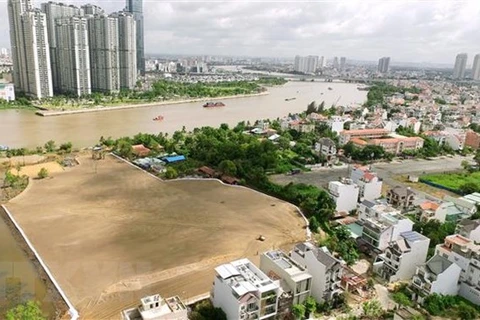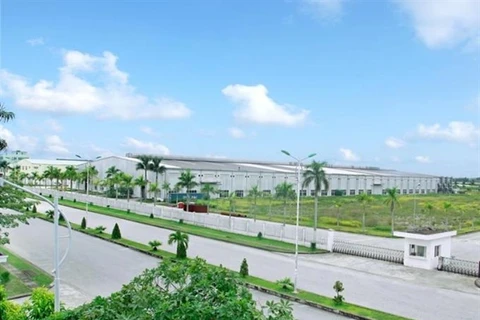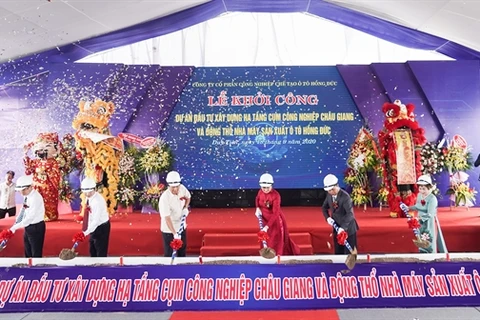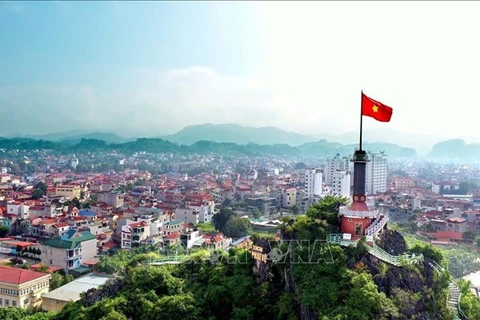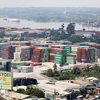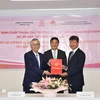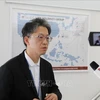 The State will support up to 30% of the total investment capital required for technical infrastructure construction in industrial clusters. (Photo: tapchicongthuong.com.vn)
The State will support up to 30% of the total investment capital required for technical infrastructure construction in industrial clusters. (Photo: tapchicongthuong.com.vn) Decree No 32/2024/ND-CP dated March 15, 2024, outlines several favourable policies and support measures for the development of industrial clusters.
It provides investment incentives for industrial clusters located in areas facing challenging socio-economic conditions and considers the construction of technical infrastructure for industrial clusters as a specialised industry eligible for investment incentives.
The decree also stipulates that local budgets allocate resources to support investment and the development of technical infrastructure both within and outside industrial clusters in the region. Priority will be given to investing in environmental protection infrastructure for operational industrial clusters.
Support will be extended to essential shared technical infrastructure projects in areas experiencing difficult or extremely challenging socio-economic conditions, as well as to industrial clusters focusing on sectoral integration, specialisation, support services, ecology, and the preservation of traditional vocations.
The State will support up to 30% of the total investment capital required for technical infrastructure construction in industrial clusters. Provincial-level People's Committees will report decisions or decisions based on their authority and legal provisions to the corresponding People's Councils regarding support for technical infrastructure construction in industrial clusters within their jurisdictions.
The central budget will secure funding for activities related to industrial cluster development conducted by the Ministry of Industry and Trade. This includes activities such as conducting investigations, establishing and maintaining databases for industrial clusters, organising conferences and seminars, and coordinating investment promotion efforts for industrial clusters. Additionally, research will be carried out to develop criteria for identifying effective models of industrial cluster development and environmental protection.
The local budget will ensure funding for industrial cluster development activities undertaken by local authorities. This includes organising investment promotion activities for industrial clusters, conducting surveys of organisations and individuals interested in relocating or investing in industrial clusters, evaluating proposals for establishing or expanding industrial clusters, and providing support funds for setting up investment projects. It also covers transportation costs and the installation of machinery and equipment for enterprises, co-operatives, and households in craft villages and residential areas relocated into industrial clusters./.
VNA
